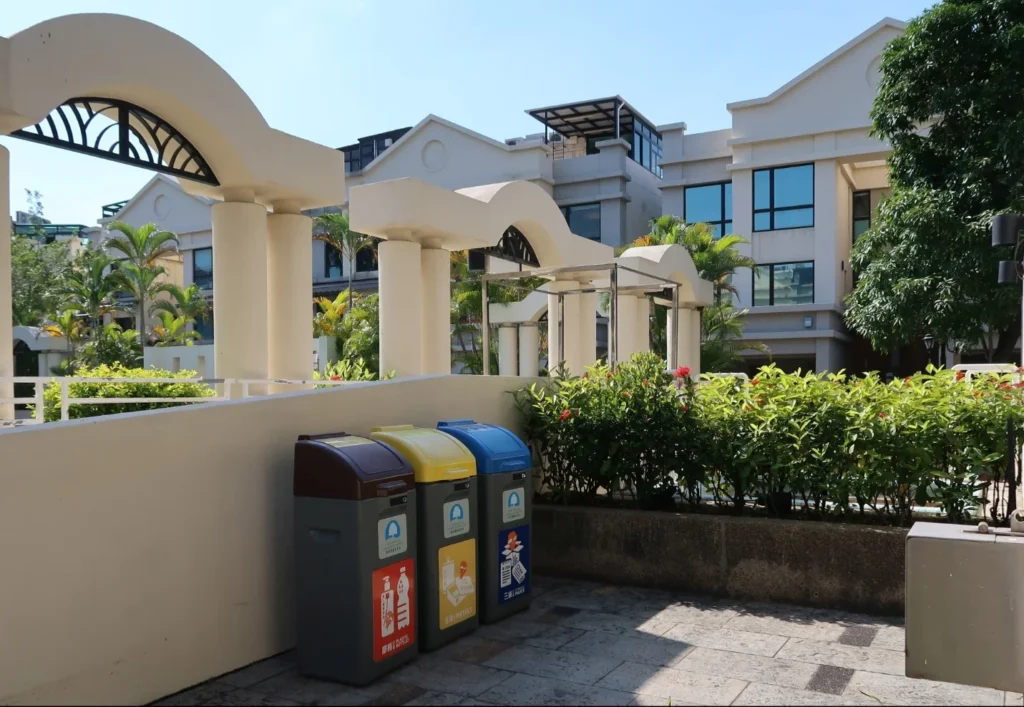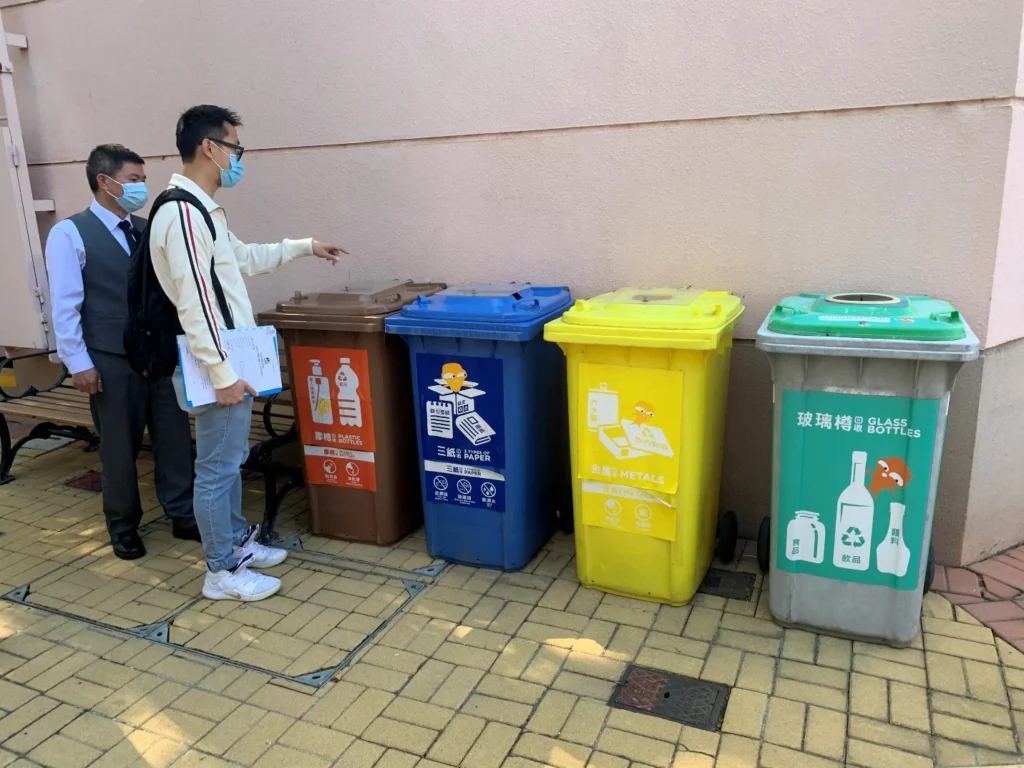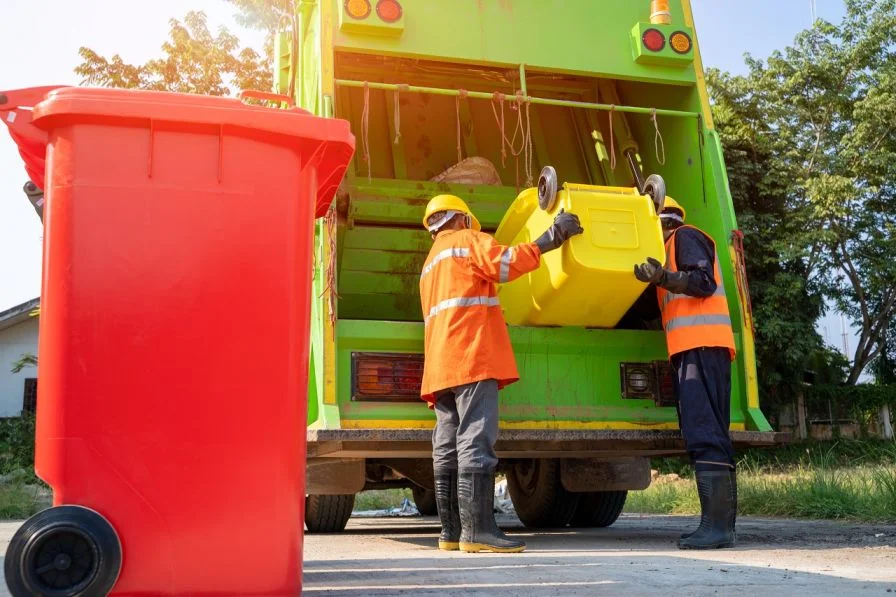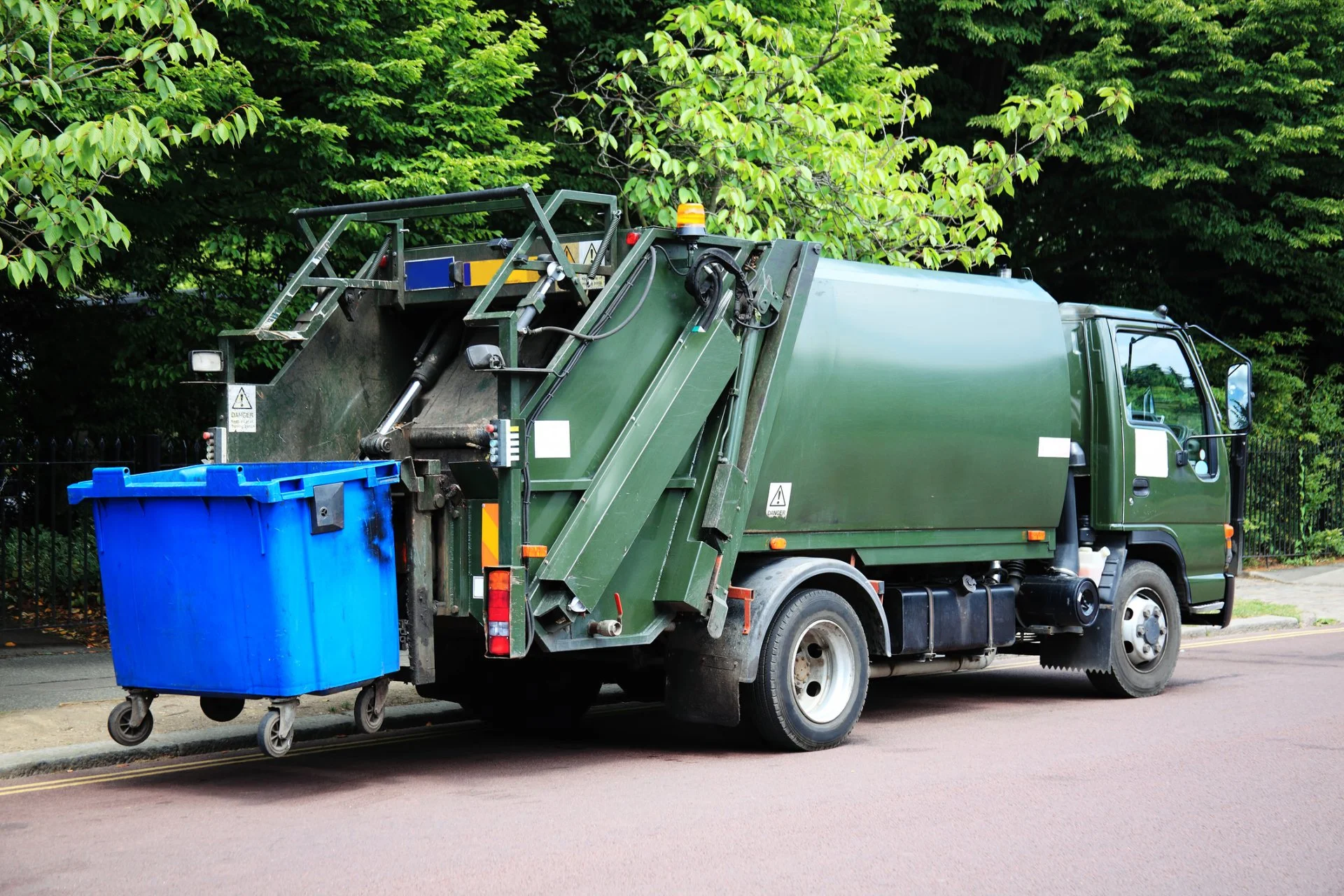The maintenance of a clean and healthy community is a collective responsibility that requires efficient garbage collection and waste management practices. When garbage disposal is properly handled it contributes to environmental protection and improves the overall quality of life for residents. Effective garbage collection is a crucial component of sustainable community development.
For a good comprehension of this write-up, we’ll be exploring the benefits of professional garbage collection services and examining the methods for efficient garbage sorting. We shall then discuss innovations in garbage collection technology, and consider cost-effective waste management solutions to achieve cleaner and more sustainable communities.
Benefits of Professional Garbage Collection Services
The advantages of utilizing professional garbage management services cannot be overemphasized. In the public health sector waste collection ensures adequate disposal which minimizes the risk of disease transmission. By preventing waste accumulation through recycling and responsible management, pests are no longer attracted, there is reduced negative environmental impact and sustainable efforts are enhanced. A clean and litter-free environment fosters a sense of community pride and improves the overall quality of life for residents.
With professional rubbish collectors, one can enjoy scheduled pickups, and efficient operations with specialized equipment and trained personnel. The company is very knowledgeable about local waste regulations and has responsive customer service helps to satisfactorily address clients’ concerns and resolve issues. Through advanced technologies and techniques, experts can identify waste patterns and optimize collection routes, thereby reducing fuel consumption and carbon emissions. They also boast of comprehensive recycling and composting programs that divert garbage from landfills and promote resource conservation.
Professionals offer customizable solutions like curb-side collection, bulk item pickups, and specialized services for multi-family dwellings or gated communities. They provide commercial services like dumpster rentals, compactor services, and waste audits for garbage management optimization practices by businesses. Other tailored provisions for industries are hazardous rubbish handling, construction and demolition debris removal, and specialized equipment for large-scale projects. Professional garbage collectors also provide temporary waste management solutions for festivals, concerts, and other special events.
Methods for Efficient Garbage Sorting

To enable effective recycling and responsible disposal practices, proper garbage sorting is an important step in the handling process. The following are some methods employed by the service providers:
Source Separation System
This is a fundamental approach to garbage sorting that segregates waste materials at the point of generation. This includes residential, commercial, and industrial source separation of different waste streams such as recyclables, organic waste, and non-recyclable materials. There’s also sorting based on color-coding and labeling, where clear and consistent labeling and color-coding systems are utilized to facilitate accurate sorting. You can click here to read more about this waste separation system.
Use of Advanced Sorting Technologies at Centralized Facilities
Some of the advanced processes that enhance the efficiency and accuracy of rubbish sorting include:
- Optical Sorting Systems: These utilize advanced optical sensors and spectroscopy to identify and separate different materials based on their physical and chemical properties.
- Magnetic and Eddy Current Separators: This system employs magnetic and eddy current separators to extract ferrous and non-ferrous metals from the litter stream.
- Air Classifiers: Here, air currents are used to separate lightweight materials, such as paper and plastics, from heavier materials like glass and metals.
Implementing Effective Quality Control
Implementing effective quality control measures during sorting ensures the integrity and purity of waste streams in addition to the value of the recovered materials. Quality control measures can be carried out via:
- Visual Inspections: Conducting regular visual inspections at various stages of the sorting process
- Material Audits: Performing periodic audits on sorted garbage streams to assess their composition and purity, and identify areas for improvement in the sorting process.
- Feedback Loops: Establishing feedback loops between sorting facilities and rubbish generators to address recurring issues – and improve sorting practices at the source.
Collaboration and Partnerships among Stakeholders
Maximizing resource recovery involves waste generators, municipalities, and recycling industries who are all essential stakeholders in the optimization of garbage sorting. Some of the critical areas for collaboration and partnership include:
- Public-Private Partnerships: Fosters partnerships between local governments and private rubbish management companies to align sorting efforts and streamline operations.
- Industrial Symbiosis: Encourages industrial symbiosis, where the waste or by-products of one industry are utilized as resources for another.
- Extended Producer Responsibility (EPR): Implementing EPR programs that incentivize manufacturers to design products for easy dismantling and sorting at the end of their life cycle.
Innovations in Garbage Collection Technology

The waste management industry is continuously evolving and the way waste is being collected, transported, and managed is being revolutionized by innovative technologies regularly. Let’s consider some of these amazing innovations in this section.
Advanced Collection Vehicles and Equipment
Advanced garbage collection vehicles increase the efficiency and safety of rubbish collection tasks, improve the worker’s productivity, and reduce environmental impact. Examples of these heavy-duty trucks include:
- Electric and Hybrid Vehicles: The electric and hybrid collection trucks significantly reduce greenhouse gas emissions and noise pollution.
- Automated Side Loaders: These advanced collection vehicles feature automated arms that can lift and empty trash containers without the need for manual handling.
- Onboard Compaction Systems: Integrated compaction systems allow for more efficient use of truck capacity. This reduces the number of trips required and minimizes associated emissions.
Data-driven Waste Management Systems
This approach enables the optimization of resource allocation through a data-driven decision-making system. Common examples of these strategies include:
- Smart Bins and Containers: These bins are equipped with sensors and communication capabilities to detect fill levels and provide real-time data to collection teams to optimize route planning.
- Internet of Things (IoT) Networks: IoT-enabled systems allow for seamless integration of various components like sensors, cameras, etc to provide comprehensive data for analysis and decision-making.
Innovative Sorting and Processing Techniques
The deployment of innovative techniques in the sorting and processing of rubbish has significantly improved the accuracy of material recovery. It has also helped in reducing waste sent to landfills and boasts a circular economy. Some of the revolutionary techniques include:
- Automated Sorting Systems: Advanced optical, mechanical, and robotic sorting systems can accurately identify and separate different materials.
- Plastics Recycling Innovations: New technologies, such as chemical recycling and advanced mechanical recycling processes allow the recycling of previously challenging plastic waste streams.
- Waste-to-Energy Solutions: Waste-to-Energy solutions allow the conversion of non-recyclable trash into valuable energy sources such as electricity, heat, or biofuels.
Cost-Effective Garbage Collection Solutions

Effective waste collection comes with a significant expense for municipalities and organizations. For sustainability and to reduce the resultant financial burden, a cost-effective solution is essential. Further to the solutions discussed below, you can visit ridlyrubbishremoval.com.au/ for more cost-effective alternatives that best suit your needs. However, the ones highlighted below will suffice for now:
- Route Optimization Software: This is utilizing advanced software and data analytics to plan optimal routes.
- Dynamic Route Planning: Implementing real-time route adjustments based on changing conditions, or unexpected high-volume garbage areas.
- Scheduled Pickups: Establishing regular and predictable collection schedules to streamline operations and minimize ad-hoc pickups.
- Volume-Based Pricing: Charging residents or businesses based on the amount of trash they generate.
- Recycling Rebates: This involves providing financial incentives or discounts to residents or businesses.
- Composting Initiatives: Promoting and facilitating composting programs to divert organic waste from landfills.
- Preventive Maintenance Programs: Implementing regular maintenance schedules and inspections to identify and address potential issues before they become major problems.
Conclusion
Professional garbage collection services utilize advanced technologies, and tailored solutions to promote a cleaner environment. Apart from the benefit that it promotes a circular economy, and reduces environmental impact, waste collection tasks and transportation are optimized.









